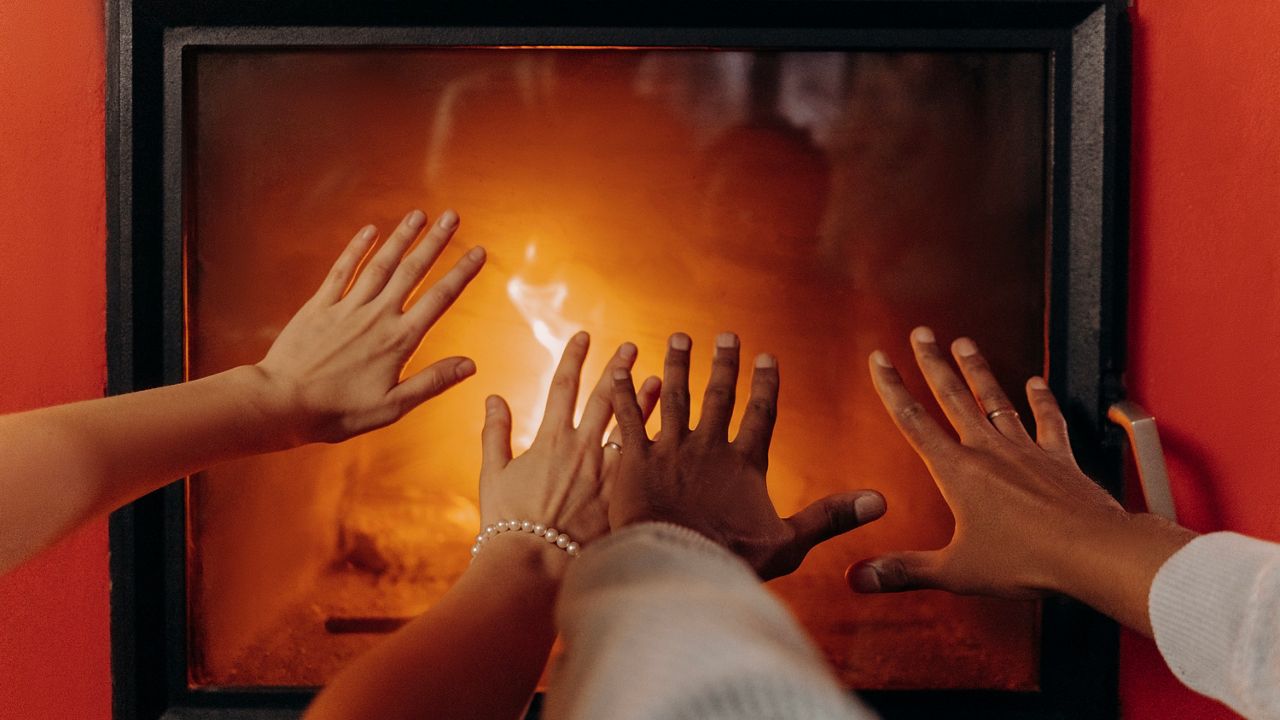Have you been keeping warm the right way this winter and in the past? You may not be doing what's best for your body when it comes to getting through these cold winter months.
Let's say you forgot your gloves and you've been out in the cold for an extended time. Your fingers have become cold and you try to warm them up.
Your first instinct may be to rub your hands together. However, the best course of action is to wiggle them until they are warm.
If your skin has been exposed to sub-freezing temperatures and you believe you may have frostbite, don't try to warm your skin by rubbing it. This may cause tissue damage. Warm the potential frostbite once you know you're out of the cold weather, as exposed skin re-freezing may cause even more tissue damage.
Or, perhaps you're sitting around your house and feeling a chill. Many people may reach for a cup of coffee or maybe even a glass of wine or beer to help warm up. I, myself, have been guilty of this.

However, both caffeine and alcohol can speed up your body's heat loss.
Alcohol prevents your body from shivering, which is your body's way of warming itself. You should let your body shiver–it's an involuntary response to heat loss.
You definitely don't want to prevent your body's natural way of fighting cold. Alcohol may help warm your skin, but your core body temperature will continue to be low.
Caffeine affects your blood vessels, which directly impacts your hands' and feet's ability to warm.
What should you drink instead of coffee or alcohol? Scientists recommend drinking a glass of warm water and even a nice glass of hot chocolate instead.

Is there any truth to the saying that you should always wear a hat in the cold because you lose the most amount of heat from your head?
Studies have shown that it's always a smart idea to wear something on your head while exposed to cold temperatures. But they've also shown that it's not necessarily true that you lose most of the heat from your head.
Hopefully, these tips will help you get ready for the next bout of bitter cold!
Our team of meteorologists dives deep into the science of weather and breaks down timely weather data and information. To view more weather and climate stories, check out our weather blogs section.



